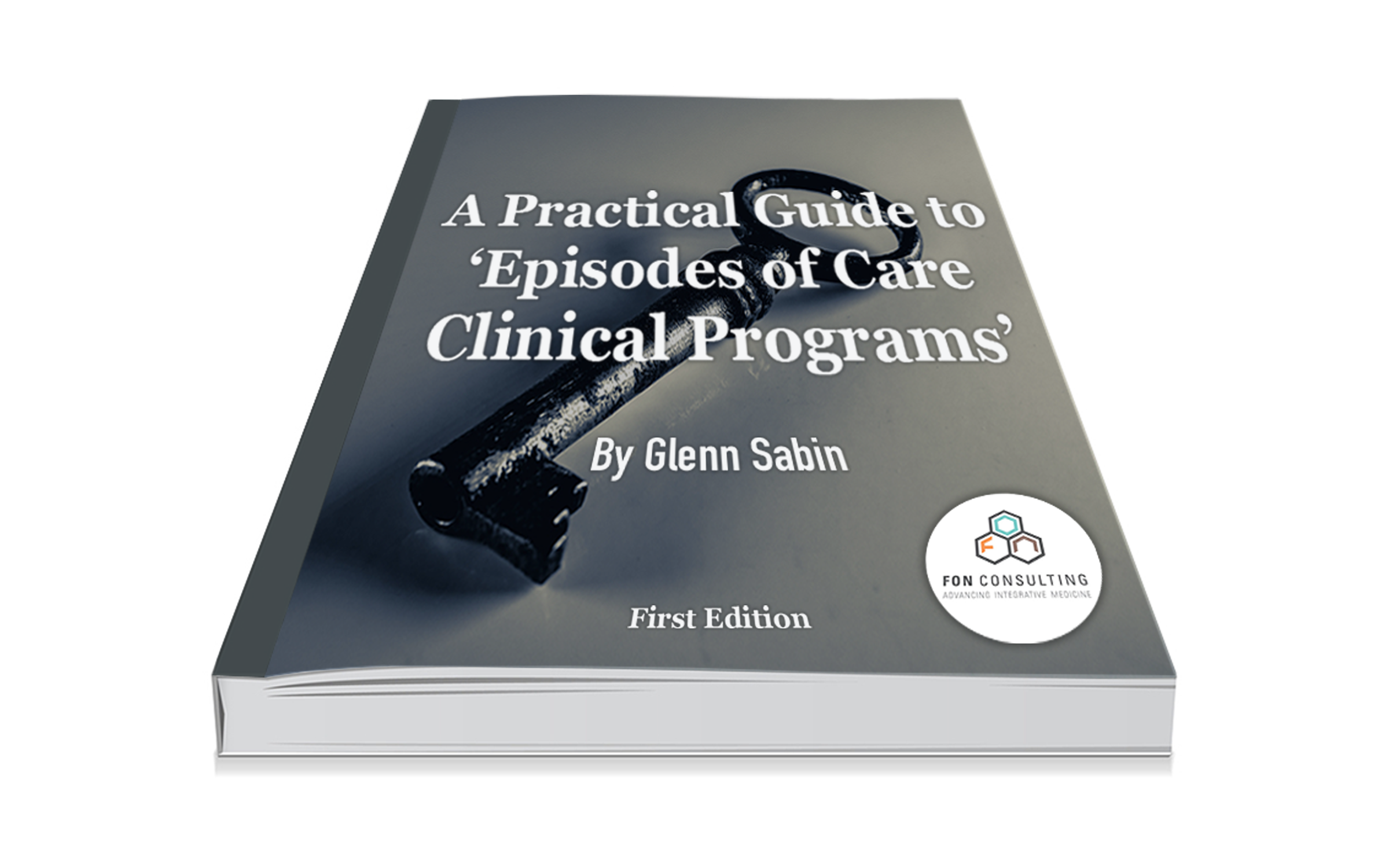Physician and Clinician Sales of Dietary Supplements: Legal View

Sales of dietary supplements by physicians, acupuncturists, chiropractors, and other licensed professionals raise thorny legal issues. This can be confusing, because on one hand, “everybody does it”—i.e., sales of dietary supplements by clinicians such as medical doctors, is widespread in the industry. On the other hand, the American Medical Association actively discourages the practice through its ethics opinions, which explicitly prohibit such conflicts of interest between care for the patient, and the doctor’s financial self-interest.
If you are a medical or osteopathic doctor, chiropractor, acupuncturist, or other licensed health care provider, and you believe it’s best for your patients (and practice) to sell dietary supplements within your practice (or to generate income by doing so through a third-party dietary supplement manufacturer, where you get a “cut” by referring patients to the website, here are eight important legal considerations:
1. Yes, selling dietary supplements to your patients does pose a conflict of interest; and yes, the AMA, among other professional organizations, considers this an ethical violation.
2. Technically, this might be considered a “kickback” or “fee-splitting” violation. Much depends on what your state law says–some state laws only address kickbacks and fee-splitting in the context of services and not goods. The way your compensation is structured also can make a difference. If, for example, patient funds flow first to the dietary supplement manufacturer, to whose site you have directed the patient, and then the dietary supplement manufacturer writes you a check, then this might be considered a “kickback” to you for “referring” the patient to the dietary supplement manufacturer.
3. Beware of state laws prohibition patient “exploitation.” These legal rules could be used against you when you sell dietary supplements to your patients.
Enjoying this article? Subscribe and get our latest, delivered straight to your inbox.
4. In one medical malpractice case involving the use of hair analysis and nutritional care to diagnose and treat a cancer patient, the fact that the physician had also sold dietary supplements to the patient, gave the court grounds to increase the physician’s potential culpability from negligence to recklessness—allowing the jury to impose punitive as well as compensatory damages.
5. Check with your state licensing board. The Board may have its own regulations, additional to statutes. For example, the Massachusetts Board of Registration in Medicine has a rule that expressly disfavors physician profit on in-office sales of health-related products (such as dietary supplements). The Massachusetts Board describes the practice as “exploitative.” See below.
6. Check any state law rules on in-office ancillary services (IOAS) to see whether there is any carve-out for the sale of dietary supplements.
7. Check state law to see whether there is a legal (statutory) limit on the profit or markup you can make from the dietary supplement sales. This is, for example, the case in New Jersey (see Physician Sale of Dietary Supplements–Legal and Regulatory Restrictions).
8. Check state law to see whether you must make any disclosure of your financial interest in the dietary supplement sale; and even if no disclosure is required, consider making such as disclosure as a risk management gesture. See below.
These are general guidelines; they will not guarantee freedom from enforcement activity, but they will supplement (pardon the pun) good clinical sense and judgment with a beginning legal road map. It’s always best to contact an integrative medicine attorney to review the legal rules in your state that are relevant to your situation. Quoting the Massachusetts Board here:
Physicians should not sell, lease or rent any product in a manner that has the potential to exploit patients, including but not limited to exclusive distributorships or personal branding. Physicians should not use their office or their professional relationship with patients to promote any business venture or solicit investors.
In limited circumstances, when it is beneficial to the patient, it may be appropriate for physicians to sell durable medical goods essential to the patient’s care. Prior to any such sale physicians should disclose to patients any financial interest they may have in the transaction. Patients should be informed that they are under no obligation to purchase durable medical goods from the physician and should be informed of the availability of the product or other equivalent product elsewhere. This information shall be conveyed via an easily understood notice prominently posted in the office.
One more guideline we offer is for the practitioner to provide the patient with a disclosure (whether or not required by law), such as the following:
“My office sells dietary supplements to you at X% markup from cost. This still represents a discount to you of Y% from what you would pay for the same products as a retail customer. However, you are under no obligation to purchase these products from my office; you may purchase the same products elsewhere; and your quality of care in my office will not be affected by your decision to purchase or not purchase products from my office.”
Here, the practitioner is informing the patient about the markup, that the patient is free to buy elsewhere, and that clinical decision-making remains unaffected by the purchase decision.
However, if you are a non-licensed practitioner who wants to offer nutritional advice, different legal rules apply. See, for example, California Law for Non-Licensed Practitioners and Nutritional Advice. And, if you are a dietary supplement manufacturer, private labeler, or distributor who wants to make claims about the product’s benefits, you must comply with FDA legal rules—primarily those governing structure-function claims and prohibiting claims about the effect on disease. The slippery slope between permissible and impermissible claims can be tricky–for example, you can talk about “weight loss” but not about “obesity.”
As well, there are limits on implicit claims that are made by hyperlinking to medical literature. And, beware of FTC prohibitions on deceptive and misleading advertising for health products. See, for instance, FTC Statement to Congress on Deceptive Marketing of Dietary Supplements. If you are part of a multi-level marketing company that sells dietary supplements, there are other legal pitfalls (outlined in our toolkit).
Play it safe: contact a competent integrative medicine attorney for legal advice on your integrative medicine project, including proposed in-office sales of dietary supplements.
[Disclaimer: This is not legal advice or opinion, but simply an article describing legal rules and familiar situations. Engage an attorney for legal advice specific to your situation.]
About FON
FON is a leading integrative health and medicine business development and strategy consulting firm. FON specializes in custom solutions for growing patient volume, developing programs, and increasing product sales. Our practical business models are driven by innovative marketing, clear messaging, and customer engagement via branded storytelling.
Contact us today to schedule a complimentary 30-minute consultation to discuss your business development or personal brand needs.
The Michael H. Cohen Law Group counsels health technology companies and providers on healthcare legal issues and FDA legal and regulatory matters. Legal counsel includes corporate and transactional healthcare matters, healthcare regulatory compliance, and healthcare litigation and dispute resolution. Attorney Michael H. Cohen is an internationally recognized author, speaker on healthcare law and FDA law, and expert in developing legal strategies for healthcare ventures, including integrative medicine, anti-aging and functional medicine, telemedicine and concierge medicine.






















